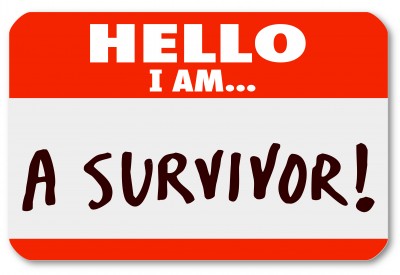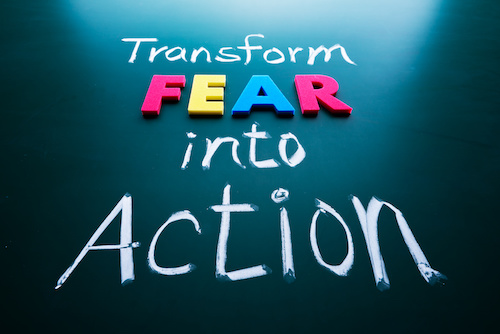Gentle Leadership During Times of Trauma
The delta COVID-19 variant seems to be ushering in an understandable second round of pandemic-induced anxiety. Aging Services providers, and those that serve them, are still traumatized from the first go-around. Enough time has not passed to allow for a psychological re-set to cope with a do-over. So, what are we to do?






